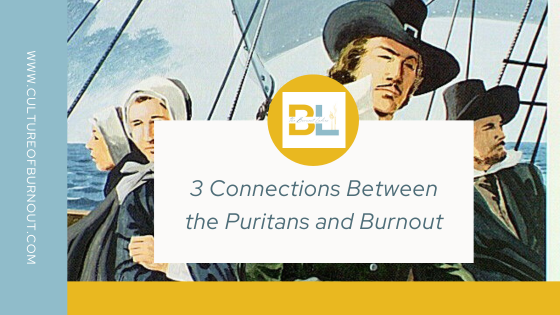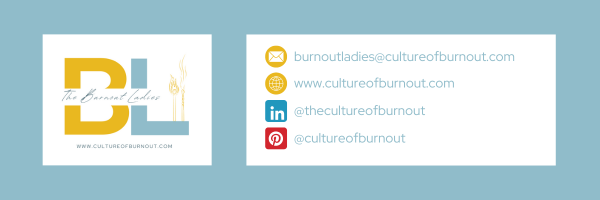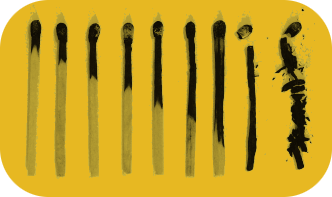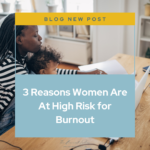
We talk about the Puritans a lot and people always look at us a bit funny when we bring them up. You might have cocked your eyebrow at this title, in fact. The issue is that the Puritans are incredibly important to understanding the American culture of burnout. Allow me to explain.
The very first European settlers who came to America and stayed were a group of Dutch and English separatists called the Puritans – named for their deep belief that it was possible to create a pure society where everyone lived by God’s laws. Or, at least God’s laws as they interpreted them.
That interpretation is what’s so important to us now. They had three key pieces of their theology that became foundational to what it meant to be an American.
- You are only a good person if you work really hard
- You are only a hard worker if you do it all alone
- You can only rest when you’re dead
These things (combined with the appropriation of natural resources and stealing land from the Indigenous people who had lived there for centuries) combined to set the belief that anyone could have success in America if you followed the American Way. Even before the Founding Fathers put quill to parchment and sorted out our founding documents, this cultural system which fed the economic system of capitalism was firmly entrenched.
So what does that all mean now?
It means that in America, we have assigned work moral value. If you are not a hard worker, you are not a good person. If you’ve ever gotten annoyed at anyone claiming welfare benefits, it’s this belief that’s pushing against.
Being a good person is also valuable, so we want to do it. We’ll work as hard we need to in order to be that good person. And since working hard means we do it by ourselves, we do. We think of asking for help as weakness, and if you’re weak you’re not a hard worker and then not a good person. And it doesn’t matter if this is all exhausting, because rest is only for after you’re dead.
If any of the above paragraph feels familiar, if you’ve thought any of those thoughts… welcome to American burnout culture. You’re not crazy, you’re not alone, and it’s not your fault.
What should you do about it then? Great question. Our book answers that with a clear framework you can use immediately. Buy your copy HERE.



